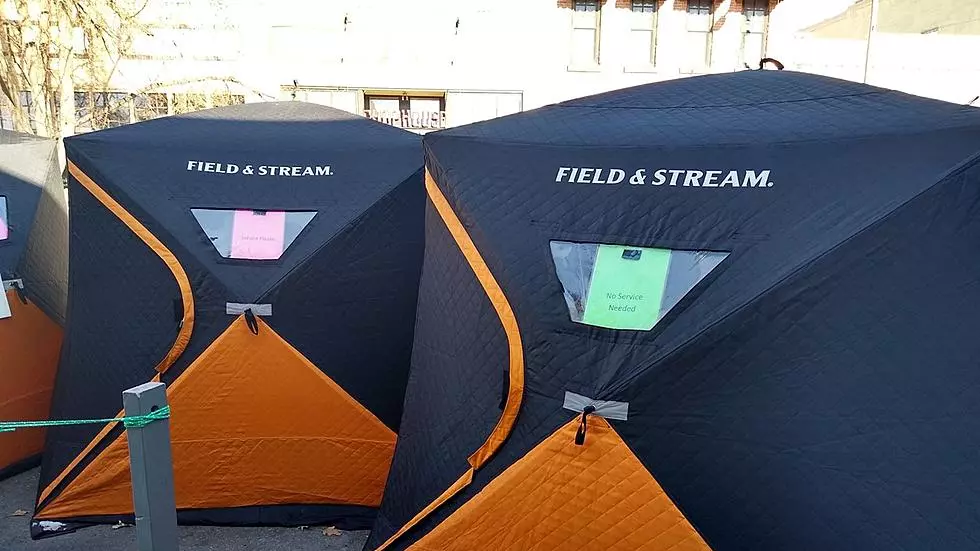
October is Domestic Violence Awareness Month
Even though we are all aware of what domestic violence is, October serves as an extra reminder of how we can help victims.
For Kari Clark, the Executive Director of Alternatives to Violence, the most important thing someone can do to help a victim of domestic violence is simple: reach out.
"If you know, if you see it with a loved one or a friend, don't be afraid to say to them: 'Your relationship isn't healthy and I'm here to listen. I'm not going to judge you,'" said Clark. "If you show that you are there for your friend or family member, make sure that they know that [you're] there and that you'll listen to them without judgement."
If you're unsure as to whether or not you should reach out, it's always better to err on the side of caution. But, there are red flags to look out for that many people aren't aware of, including over-idolizing partners and isolation tactics.
It's also important to reach out now more than ever, as the pandemic can exacerbate domestic violence issues.
In fact, Alternatives to Violence has seen a significant increase in crisis calls in the past few months.
"As soon as the stay-at-home orders were lifted, we did start seeing an increase," said Clark. "We typically get about 100 crisis calls a month in the community, and during June and July we were close to 200 a month."
In response, the organization set up a text line to offer victims a discreet way to contact help. If you or a loved one is in need, you can text (970) 669-5157 or call the 24-hour crisis hotline at (970) 669-5150.
Find more information about how to help domestic violence victims here.
Learn more about Alternatives to Violence and Domestic Violence Awareness Month by listening to the full "Tuned In to NoCo" interview with Kari Clark below.

Colorado Kids Reported Missing Since Sept. 1, 2020
More From Wake Up Wyoming









